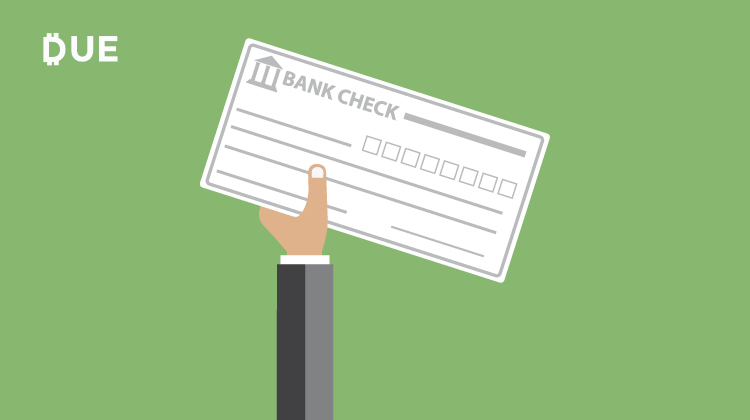Once you find clients as a freelancer, it’s time to determine how you’ll pay yourself when money starts coming in. Depending on how many clients you have and how many assignments you do, you could be receiving quite a few payments per month.
Wondering what’s the best way to pay yourself as a freelancer? Here are a few ideas to get you started along with that you need to consider first.
Table of Contents
ToggleStart With Determining Your Income and Expenses
Before you decide how you want to pay yourself as a freelancer, get clear on your expenses and desired income along with how you want to cover your expenses. Most freelancers and small business owners have operating expenses are similar costs that are necessary to keep things running smoothly.
It’s important that you pay yourself just like an employee but also remember that you’re responsible for managing the expenses and responsibilities that business owners have.
Do you pay for your business expenses by check, automatic withdrawal, or credit card? Keep your business and personal finances separate, but choose a payment method that will accommodate your other needs and allow you to still cover all your bases with mandatory bills.
Pay Yourself a Salary
Once you know what your expenses are, you can deduct this from your monthly gross income along with estimated tax payments. What’s left can be divided up each month as a portion of your salary.
If you set up your business as an S-Corp, you can elect to pay yourself a regular salary from your business bank account. As an S-Corp, your business will have its own tax return and you must show that you’ve paid yourself a salary.
Consider talking with an accountant or bookkeeper to determine what the best salary amount would be for you.
Explore Bi-Weekly and Monthly Payments
You can still pay yourself a decent wage without having an S-Corp and assigning a salary. Most freelancers simply track their income regularly and pay themselves bi-weekly and monthly payments.
With this option, you still want to assign a specific payday so you can manage all your other expenses, but you can choose the frequency depending on when clients pay. I like to pay myself monthly since I tend to send invoices to clients one per month. This just makes things easier and I have fewer payments to track.
Keep in mind that your income can fluctuate when you’re not paying yourself a set salary. I find it helpful to determine a base income point to represent the minimum amount you want to pay yourself in order to survive. If can afford to pay yourself more some months, consider it extra but know what your baseline is so you can make it through slow months.
Don’t Forget About Benefits
It’s important that freelancers create their own benefits package and make sure these costs are covered. Each time you pay yourself, you should be setting money aside for healthcare, retirement, and paid time off including sick days.
That way, you can prepare your finances for the future and properly manage your cash flow.
There are some apps and programs like Catch that make it easy for you to pay for your benefits whenever you pay yourself as a freelancer. This way, you can earn an income from your business but also build a much-needed safety net.
Summary
So what’s the best wat to pay yourself as a freelancer? Some people pay themselves a salary and this can help make your income seem more stable. However, you may want to pay yourself weekly or monthly depending on when clients pay you.
Consider determining a base income level that you need to receive each month and work with a bookkeeper to make sure operating expenses are getting covered with ease. Finally, factor in benefits and consider having them automatically withdrawn whenever funds hit your business account.















